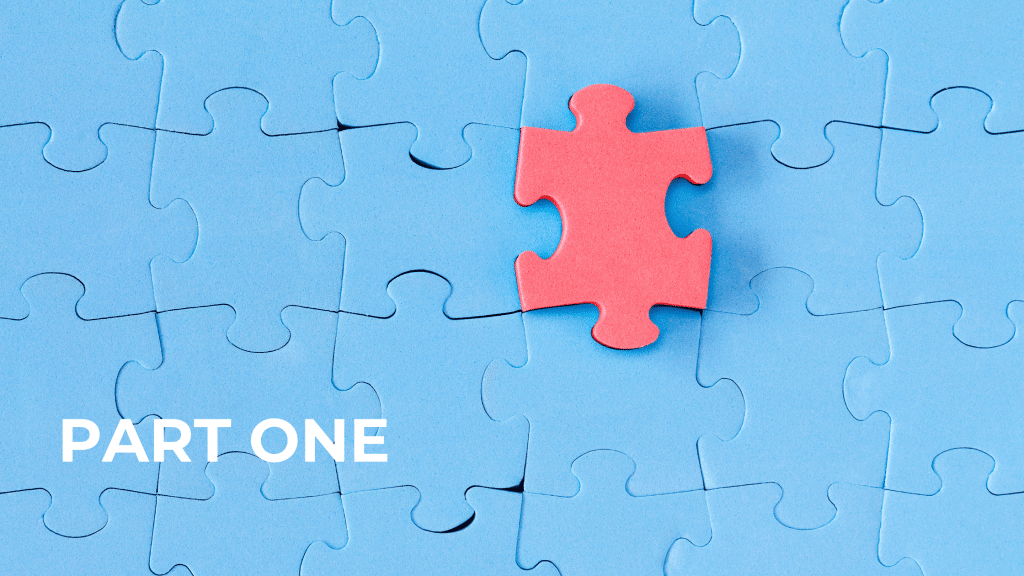Organising to meet friends for a night out when at university in the late eighties was a different experience from the constant stream of texts that my children and their friends send each other today.
Back in the eighties, my friend and I had arranged to catch a train into Fortitude Valley, but when the doors closed that night, my friend wasn’t in the carriage. I found myself alone on the train, not knowing what had happened to my friend until I could get off at the Fortitude Valley station, find a payphone and call their house. His Dad thought he might be on the next train, but he wasn’t sure. So, I waited, and eventually, we found each other
This wasn’t an unusual occurrence, but it made me wonder how my own kids would cope in a similar situation after I discovered Professor Peter O’Connor and his colleagues from the Queensland University of Technology uncovered a paradox about younger generations.
They found that generations Y and Z expressed as much desire for novel, challenging work as older workers but lacked the skills and confidence required to manage uncertainty when it occurred and were more likely to become anxious.
This finding challenges the common stereotype that younger people are “digital natives” equipped with the skills required to adapt and innovate.

The Queensland University of Technology study found strong evidence to the contrary.
Maybe generational changes in parenting styles (i.e. more ‘tiger’ and ‘helicopter’ parents) and advances in technology are reducing people’s exposure to ambiguity.
We’re seeing a steady reduction in everyday ambiguity because Mum or Dad will sort it, you can ‘google it’, an algorithm will anticipate what we want, or you can learn patterns in a video game. These societal changes could have compromised younger generations’ ability to manage uncertainty when it does arise.
And let’s face it, workplaces are full of uncertainties.
That will likely continue to escalate given the World Economic Forum (WEF) found “older” risks such as inflation, cost-of-living crises, widespread social unrest, geopolitical confrontation, and the spectre of nuclear warfare have returned. And that these risk impacts are being amplified by relatively new global risks such as unsustainable levels of debt, a new era of low growth, de-globalization, a decline in human development after decades of progress, rapid and unconstrained development of technologies, and the growing pressure of climate change impacts and ambitions.
The WEF found that “Together, these are converging to shape a unique, uncertain and turbulent decade to come”.
After I put those pieces of information together, I’m trying to help my young people improve their tolerance of ambiguity.
I want them to be like Gilda Radner, one of the most influential comedians of all time, who said “Life is about not knowing, having to change, taking the moment and making the best of it, without knowing what’s going to happen next. Delicious Ambiguity.”
I want them to learn to enjoy ambiguity like they might learn to surf. You can’t control the waves, but you can ride them with skill and grace. You can find joy in the challenge and the unpredictability of the ocean. You can embrace the unknown and the unexpected as opportunities for growth and discovery.

If you’re raising younger generations or they’re part of your team at work, you might want to help them understand how they currently respond to ambiguity and then focus on developing the skills that will increase their tolerance.
You could start with mindfulness and creativity, the skills most strongly correlated with a tolerance of ambiguity.







